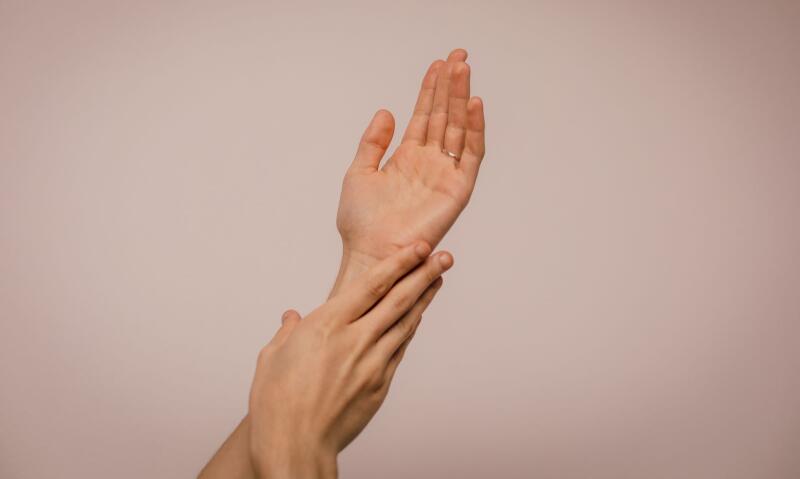Taking care of your body’s largest organ can get a bit confusing.
It covers your entire body and behaves very differently on different parts of the body. For example, the way you take care of your face compared to your heels are completely pretty different.
You have probably heard the term ‘sensitive skin’ before, but how can you actually determine whether your skin is sensitive?
There are some factors that play a role like genetics, age and gender, but broadly speaking, first you need to understand the term.
We all have a protective fatty outer layer on our skin, often known as the lipid (fat) barrier. This barrier performs two key tasks – retaining water and moisture; and protecting our skin from potentially harmful things like UV rays, wind, heat and harsh chemicals.
If you have sensitive skin this barrier is typically thinner and weaker which makes it easier for irritants to penetrate the skin leading to inflammation.
Claire Bowen the brand manager at Shower to Shower shares five common signs that your skin might be sensitive, which means that you should seek out products that won’t exacerbate the situation.
Your skin is reactive
Your skin often reacts to soap, detergents, fragrances, perfumes, skincare products and household products. The reactions can vary from itchiness to dryness or reddening. Exposure to the elements – cold, sun and wind can also trigger flare ups.
Dry skin
Sensitive skin and dry skin go hand in hand, this can also lead to cracked skin and make you more prone to acne breakouts. The cold weather and wind also make it worse.
More susceptible to sunburn
You will be more susceptible to the harmful effects of the sun and its UV rays. If your skin is peeling or irritated you are at an even higher risk. It’s vital that you always wear a broad spectrum sunscreen SPF 30 or higher. Sunscreens that contain titanium oxide and zinc oxide are more agreeable on sensitive skin.
Itchy skin
Does your skin often feel itchy and tight? This is another factor of sensitive skin. Hot water can make it worse, so be sure to use lukewarm water instead. As itchy as your skin may be, don’t give in to the itch, scratching will only lead to more irritation.
Rashes and bumps
When your skin is exposed to triggers it may react with redness, dry and flaky patches or a bumpy rash. This can be uncomfortable and unsightly and make you feel self conscious. To avoid this, always test new products on a small area and wait a day to see if your skin reacts before applying it to your face and or body.
Shower to Shower recently launched a range of sensitive products suited for skin that might be prone to one or more of the above conditions and can be found at all major retailers.




